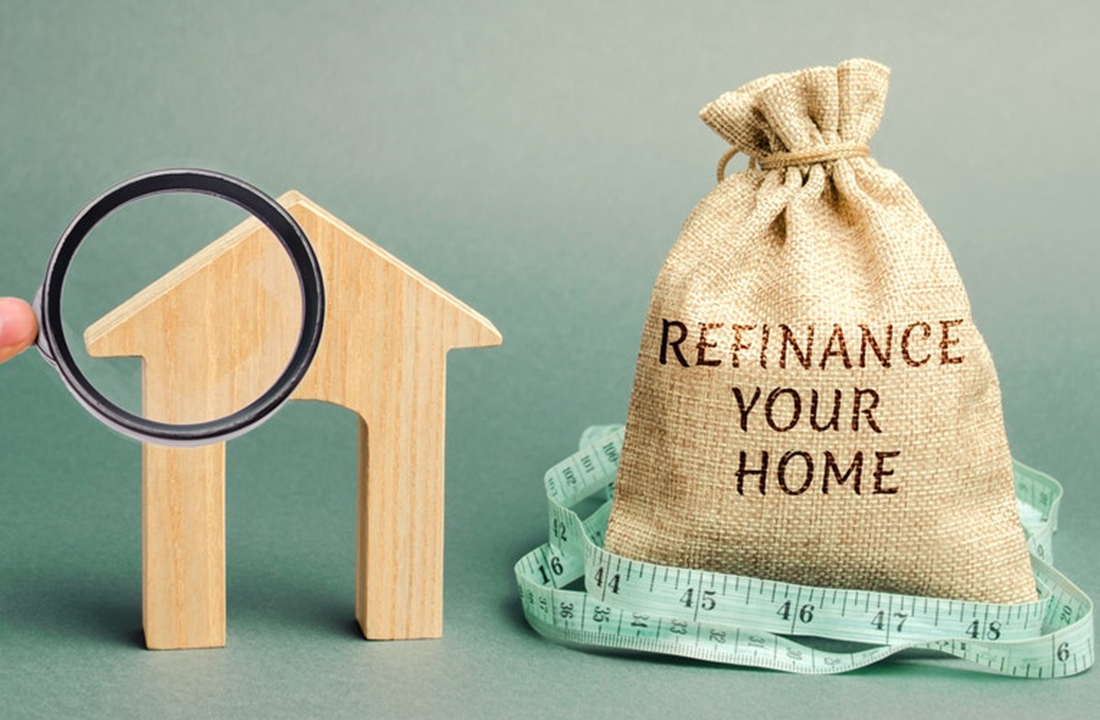Refinancing your mortgage can be an effective way to improve your financial situation, whether you’re looking to save money, access cash, or adjust your loan terms. With interest rates and housing market conditions constantly changing, understanding the benefits of refinancing can help you make a well-informed decision. Here are the top benefits of refinancing your mortgage and why it might be the right move for you.
1. Lower Your Interest Rate and Monthly Payments
One of the most compelling reasons to refinance your mortgage is to lower your interest rate, which can lead to significant savings. Even a small reduction in your interest rate can make a substantial difference over the life of your loan. Lowering your monthly mortgage payment can free up funds for other important expenses or help you invest in your future.
Example: If you currently have a 30-year mortgage at a 5.5% interest rate and you refinance to a 4% rate, you could see substantial monthly savings. For a $300,000 loan, this could mean a reduction of $200 or more in your monthly payment.
2. Shorten Your Loan Term
Refinancing allows you to change the length of your mortgage. If you’re financially stable and want to pay off your mortgage faster, refinancing to a shorter loan term (such as 15 or 20 years) can help you achieve that goal. A shorter loan term often comes with a lower interest rate, which means you’ll pay less interest over the life of the loan.
Benefit: While your monthly payment may be higher with a shorter term, you’ll save thousands of dollars in interest over time and gain peace of mind knowing that your mortgage is paid off sooner.
3. Switch From an Adjustable-Rate to a Fixed-Rate Mortgage
If you currently have an adjustable-rate mortgage (ARM), refinancing to a fixed-rate mortgage can provide financial stability. An ARM may have a low initial rate, but it can adjust upwards after a set period, potentially making your payments more expensive. By switching to a fixed-rate mortgage, you’ll lock in a stable interest rate and monthly payment for the entire loan term.
Why It Matters: Fixed-rate mortgages protect you from future interest rate hikes, which can be particularly beneficial in a fluctuating market.
4. Access Your Home Equity
Refinancing is also an opportunity to tap into your home equity with a cash-out refinance. This option allows you to borrow against the value of your home and receive cash for things like home improvements, debt consolidation, or other large expenses. This can be a strategic way to use your home’s value to your advantage.
Example: If your home is worth $400,000 and you owe $200,000 on your mortgage, you could potentially cash out up to $80,000 or more, depending on the lender’s requirements. This can be an effective way to fund a major renovation project or pay off high-interest debt.

5. Consolidate High-Interest Debt
A cash-out refinance can also be used to consolidate high-interest debts such as credit cards or personal loans. With lower mortgage interest rates compared to credit card rates, refinancing can allow you to pay off these debts and roll them into your mortgage. This simplifies your finances by combining multiple payments into one lower-rate mortgage payment.
Important Note: Be cautious with this approach to ensure you don’t fall into the trap of accumulating more debt. Use the funds for high-priority expenses and pay off debt responsibly.
6. Reduce Private Mortgage Insurance (PMI)
If you put less than 20% down when you purchased your home, you may be paying for private mortgage insurance (PMI). Refinancing can potentially eliminate PMI if your home’s value has increased and you now have more than 20% equity. This can help you lower your monthly mortgage payments and increase your overall savings.
Tip: To determine if you’re eligible to remove PMI, request a home appraisal to assess your current home value. If you now have enough equity, you could qualify to stop paying PMI.

7. Improve Your Financial Flexibility
Refinancing can provide better financial flexibility, especially if you’re going through a life change such as a new job, marriage, or adding a family member. By lowering your monthly mortgage payment or consolidating debt, you can create room in your budget for other important needs. This flexibility can help you build an emergency fund, save for a future purchase, or invest in opportunities that align with your financial goals.
Consideration: If you choose a longer loan term to reduce your monthly payment, you may end up paying more in interest over time. Balance your need for lower payments with the potential costs.
8. Take Advantage of Tax Benefits
Mortgage interest payments may still be tax-deductible under current tax laws, which can provide additional financial relief. Refinancing your mortgage could allow you to continue to take advantage of tax deductions on the interest you pay. Be sure to consult with a tax professional to understand how refinancing could impact your taxes.
Important Note: Tax laws can change, so always stay informed about current tax benefits related to mortgage interest deductions.
9. Upgrade Your Mortgage with Better Loan Terms
When refinancing, you may have the opportunity to negotiate more favorable loan terms. This could include options such as no closing costs or reduced fees, depending on the lender and current market conditions. Refinancing could also give you the option to change the type of loan you have, such as moving from a conventional loan to an FHA or VA loan if you meet the eligibility requirements.
Tip: Shop around with different lenders to find the best loan terms and rates for your specific needs.
10. Build Equity Faster
By refinancing to a mortgage with a shorter term, such as 15 or 20 years, you can build equity faster. A shorter term means you’re paying more toward the principal balance, rather than just the interest. This can be an attractive option for homeowners who are financially secure and want to accelerate their home equity growth.
Benefit: Building equity faster not only improves your financial position but also increases the potential return if you decide to sell your home in the future.
Conclusion
Refinancing your mortgage can offer numerous benefits, from reducing monthly payments to accessing home equity and consolidating debt. However, it’s important to assess your current financial situation, goals, and market conditions to determine if refinancing is the right choice for you. Consulting with a mortgage expert and comparing offers from different lenders can help you make the most informed decision. If done correctly, refinancing can be a powerful tool to help you achieve greater financial stability and long-term success.

Hello welcome to my real estate service blog
